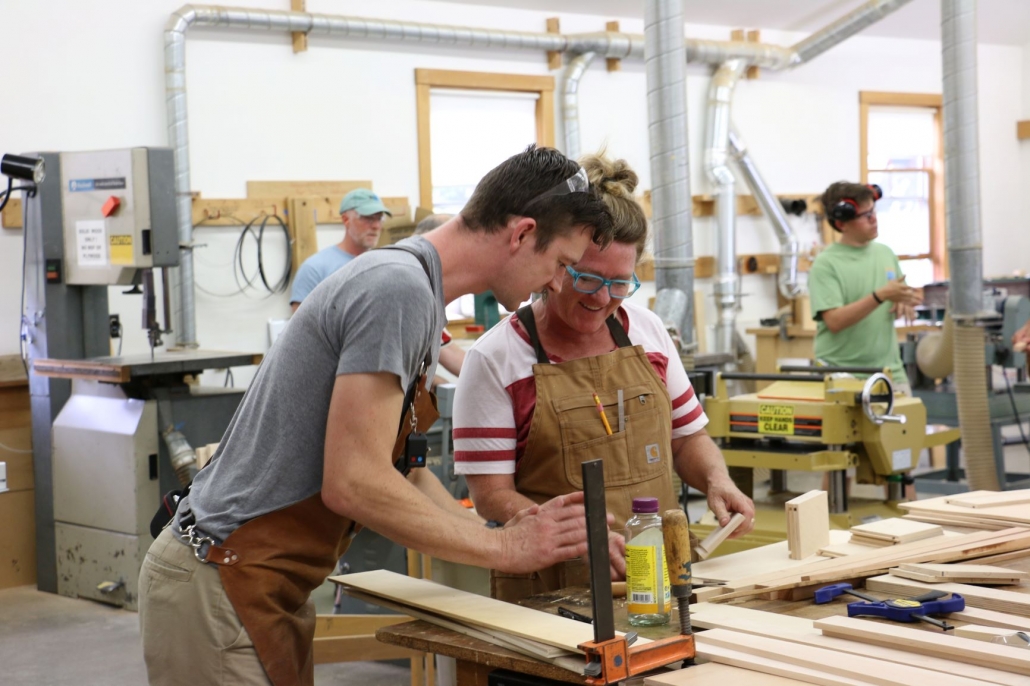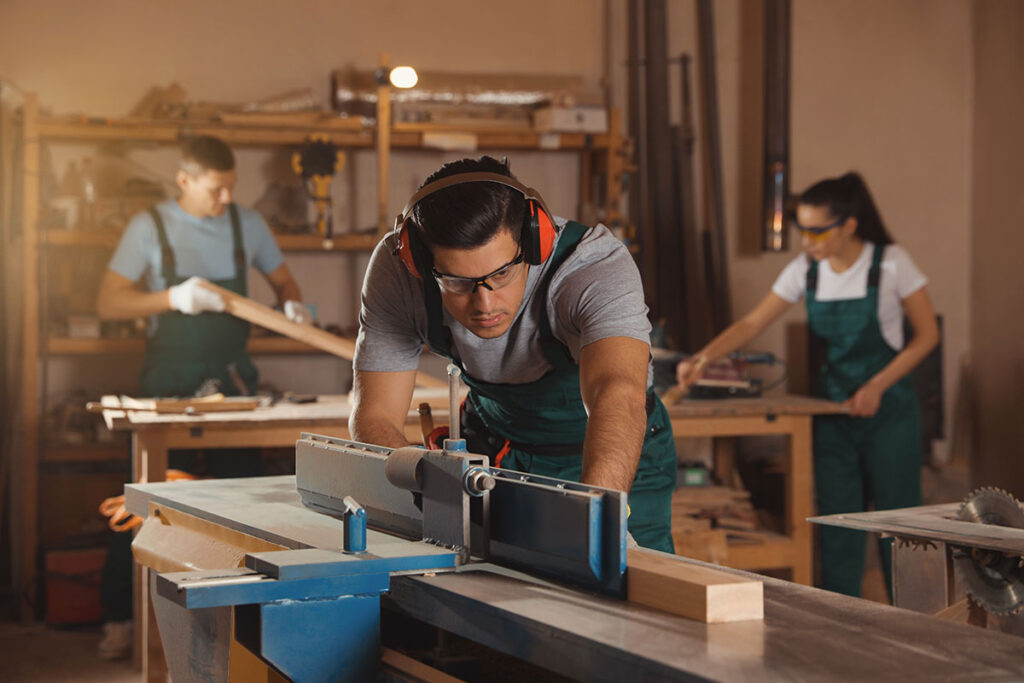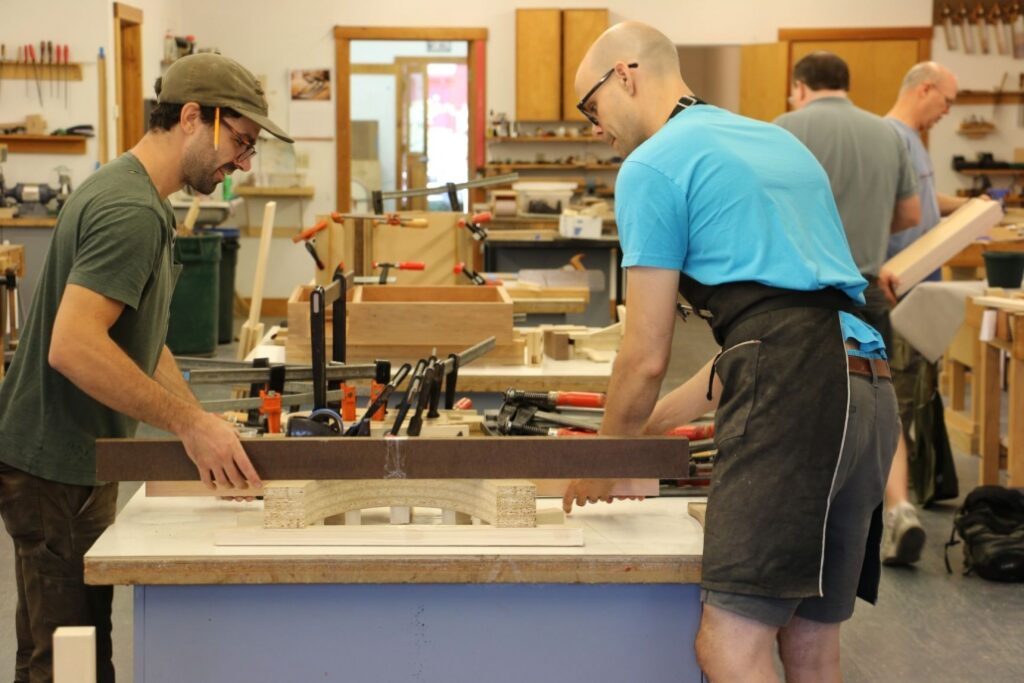
Woodturning workshops offer more than just opportunities to learn a new skill—they also foster community, creativity, and social connection. From sharing knowledge and experiences to promoting mental well-being and social inclusion, woodturning workshops have a profound social impact on individuals and communities alike. In this article, we’ll explore how craftsmanship meets community in the context of woodturning workshops and the positive effects they have on participants and society as a whole.
Building Community Through Craftsmanship
Woodturning workshops provide a space for individuals from all walks of life to come together and share their passion for woodworking. Whether you’re a seasoned woodturner or a complete beginner, workshops offer opportunities to learn from experienced instructors, exchange ideas with fellow enthusiasts, and collaborate on projects in a supportive and inclusive environment.
“The sense of community in woodturning workshops is truly special,” says John Smith, a workshop participant and woodturning enthusiast. “There’s a real camaraderie among participants, regardless of skill level or experience. We all share a common passion for woodworking, and that brings us together in a way that’s incredibly rewarding.”

Sharing Knowledge and Experience
One of the most valuable aspects of woodturning workshops is the opportunity to learn from experienced instructors and mentors. Whether it’s mastering basic techniques or exploring advanced concepts, workshops provide hands-on instruction and personalized guidance to help participants develop their skills and achieve their creative goals.
“I’ve learned so much from attending woodturning workshops,” says Sarah Johnson, a workshop participant and aspiring woodturner. “The instructors are incredibly knowledgeable and supportive, and they’re always willing to share their expertise and experience. I’ve gained confidence in my abilities and discovered a real passion for woodworking that I never knew I had.”
Promoting Mental Well-being
Woodturning has been shown to have numerous benefits for mental well-being, including stress relief, mindfulness, and relaxation. The rhythmic motion of the lathe, the tactile sensation of working with wood, and the sense of accomplishment that comes from creating something with your own hands can all contribute to a sense of calm and contentment.
“Woodturning is my therapy,” says David Jones, a workshop participant and avid woodturner. “When I’m in the workshop, all my worries melt away. It’s just me, the wood, and the lathe, and nothing else matters. I come out feeling refreshed, rejuvenated, and ready to tackle whatever life throws my way.”
Fostering Social Inclusion
Woodturning workshops have the power to break down barriers and foster social inclusion by bringing people together from diverse backgrounds and experiences. Regardless of age, gender, ethnicity, or socio-economic status, workshops provide a welcoming and inclusive space where everyone is valued and respected for who they are.

“I’ve met people at woodturning workshops that I never would have crossed paths with otherwise,” says Emily Brown, a workshop participant and woodturning enthusiast. “We come from different walks of life and have different interests and backgrounds, but we all share a common love for woodworking. It’s amazing how woodworking can bring people together and bridge divides.”
Woodturning workshops are more than just places to learn woodworking—they’re vibrant hubs of creativity, community, and social connection. By providing opportunities to share knowledge and experiences, promoting mental well-being, and fostering social inclusion, woodturning workshops have a profound positive impact on individuals and communities alike. Whether you’re a seasoned woodturner or a complete beginner, there’s something truly special about the sense of camaraderie and support that comes from being part of a woodworking workshop. So why not join a workshop today and experience the transformative power of craftsmanship meeting community firsthand?
